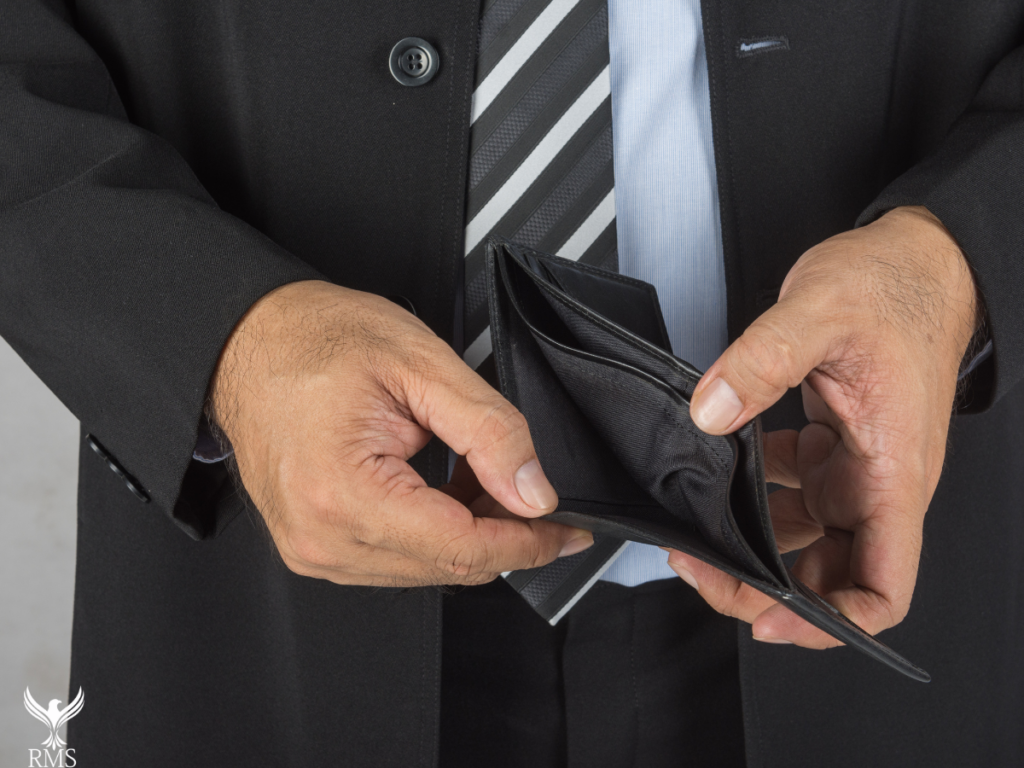Facing overwhelming debt is a daunting challenge that many individuals and families encounter at some point in their lives. When financial obligations become unmanageable and efforts to regain stability falter, bankruptcy may emerge as a viable solution. However, deciding whether bankruptcy is the best course of action requires careful consideration of several factors. Here’s a comprehensive guide to help you determine if bankruptcy is the right choice for your financial situation:
Assess Your Financial Situation
Before considering bankruptcy, it’s essential to conduct a thorough assessment of your financial circumstances:
Total Debt Load: Calculate the total amount of debt you owe, including credit cards, medical bills, personal loans, and other financial obligations.
Income vs. Expenses: Evaluate your monthly income and compare it to your monthly expenses. Determine if you have enough income to cover essential living expenses while making progress towards debt repayment.
Asset Evaluation: Assess your assets, including savings, investments, retirement accounts, and equity in property. Consider whether these assets are protected under bankruptcy exemptions in your state.
Signs Bankruptcy May Be Necessary
Several indicators suggest that bankruptcy may be the best option to address your financial challenges:
Unmanageable Debt Payments: If you struggle to make minimum payments on your debts or rely on credit cards to cover everyday expenses, it may be a sign that your debt load is unsustainable.
Threat of Foreclosure or Repossession: Facing foreclosure on your home or repossession of your vehicle due to missed mortgage or auto loan payments could warrant exploring bankruptcy to protect your assets.
Legal Actions and Garnishments: If creditors have initiated lawsuits against you or are garnishing your wages, bankruptcy’s automatic stay can provide immediate relief and halt these legal actions.
Impact on Mental and Physical Health: Financial stress can take a toll on your well-being, leading to anxiety, depression, and other health issues. If debt-related stress significantly affects your quality of life, bankruptcy may offer a fresh start and alleviate these burdens.
Consider Alternatives to Bankruptcy
Before filing for bankruptcy, explore alternative debt relief options that may be suitable for your situation:
Debt Consolidation: Consolidating high-interest debts into a single loan with a lower interest rate can streamline payments and potentially reduce overall debt.
Debt Settlement: Negotiating with creditors to settle debts for less than the full amount owed may provide a more affordable way to resolve financial obligations.
Credit Counseling: Working with a nonprofit credit counseling agency can help you create a budget, negotiate with creditors, and develop a debt repayment plan.
Consult with a Bankruptcy Attorney
Seeking guidance from a qualified bankruptcy attorney is crucial to understanding the bankruptcy process, eligibility requirements, and potential outcomes:
Initial Consultation: Schedule a consultation with a bankruptcy attorney to discuss your financial situation, explore bankruptcy options (Chapter 7 or Chapter 13), and understand the legal implications.
Legal Advice: Receive personalized legal advice based on your unique circumstances, including whether bankruptcy is the best solution and how it may impact your assets, credit score, and future financial stability.
Bankruptcy Filing: If bankruptcy is determined to be the most appropriate course of action, your attorney will guide you through the preparation and filing process, ensuring compliance with court requirements.
Final Considerations
While bankruptcy provides relief from overwhelming debt, it’s essential to weigh the long-term consequences and benefits:
Credit Impact: Bankruptcy remains on your credit report for several years and can impact your ability to obtain credit in the future. However, with responsible financial management, you can rebuild your credit over time.
Fresh Financial Start: Bankruptcy offers a legal framework to discharge or restructure debts, providing a fresh start to regain financial stability and focus on rebuilding your financial future.
By carefully evaluating your financial situation, exploring alternative options, and seeking professional guidance, you can make an informed decision about whether bankruptcy is the best course of action to address your debt challenges. Remember, each individual’s financial circumstances are unique, and consulting with a bankruptcy attorney is crucial to navigating this complex process effectively.






Recent Comments